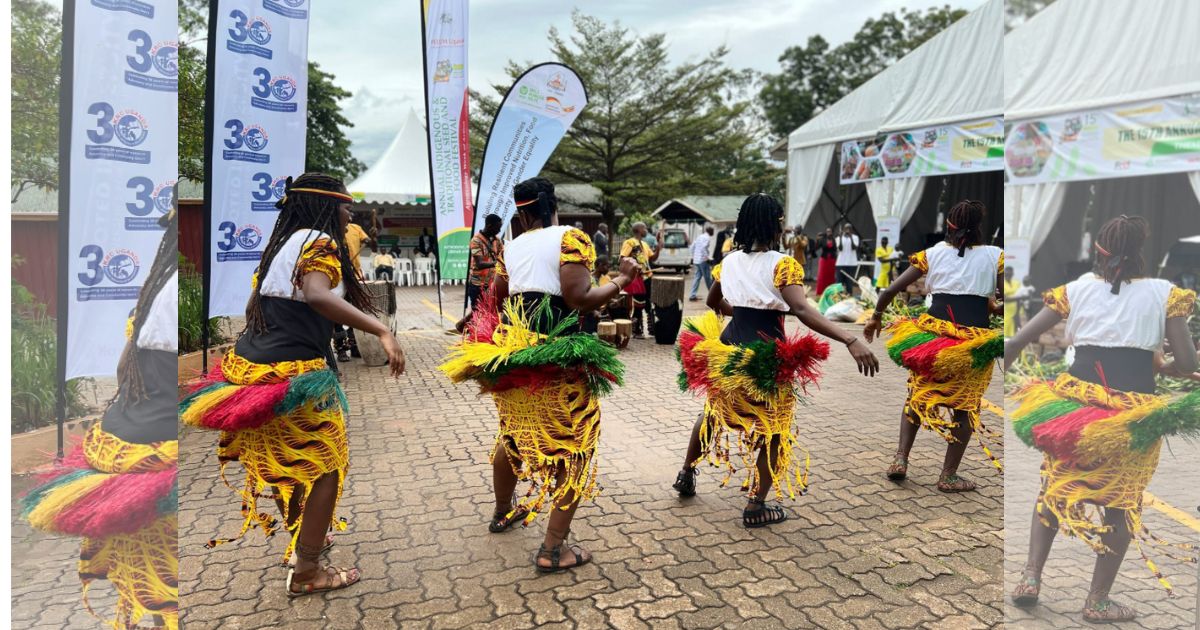Seventy years after the 1955 Asia-Africa Conference, Bandung again became a platform for global unity as the city hosted the venue for the 2025 Asia-Africa Festival (AAF) on Saturday, October 18, 2025.
The vibrant festival reaffirmed Bandung’s reputation as a crossroads of cultures and diplomacy between continents, drawing thousands of individuals onto Asia Afrika Street to enjoy a day of parades, performances, and cultural exchange.
The festival, which was focused on peace, solidarity, and creative diplomacy, was graced by the presence of delegations from 14 countries, including India, Cambodia, Malaysia, Rwanda, Thailand, Singapore, Laos, Brunei Darussalam, Sri Lanka, Algeria, and Bahrain, which showcased their cultural heritage in the form of music, fashion, cuisine, and traditional arts.
Bandung Deputy Mayor Erwin opened the event with the announcement that the city is entering a new era as a symbol of international brotherhood. “Bandung is not only a city. It is an intercontinental brotherhood. Seventy years after the Asia-Africa Conference, we are now forging a new identity as the capital of Asia-Africa,” he said.
Erwin also emphasized the importance of cultural diplomacy in an open world, citing that the festival provides a platform for people-to-people connections. “Our future paths cross in this festival. Dance, song, and smiles that transcend borders and languages are the way we celebrate diversity in the most beautiful way,” he added.
The event also reflects Bandung’s 2025–2030 vision of further establishing its global presence through innovative collaboration. “Creativity is the push factor of Bandung from digital communities to art galleries, from innovation villages to Jalan Asia Afrika,” Erwin went on. The city has also shifted toward an eco-centric development paradigm, based on cooperation and respect, he further added.
Rizki Handayani Mustafa, the Ministry of Tourism’s Industry and Investment Deputy, greeted the festival as a reaffirmation of international fraternity born in 1955. “This year, the Asia-Africa Festival won the Karisma Event Nusantara award for its innovativeness, novelty concept, and improved implementation,” she added.
Rizki mentioned that the festival was able to fulfill the four “E” elements of successful events: Entertainment, Education, Engagement, and Empowerment.
She also commended the city for making the event sustainable, like having water stations so that there would be no single-use plastics. An initiative that aligns with Indonesia’s sustainable tourism objectives.
“Bandung’s approach to sustainability and innovative co-creation is an example of the future of tourism development,” said Rizki. She further stated that the presence of international delegations is a testament to Bandung’s increasing role in global cultural diplomacy.
Early in the morning, Asia Afrika Street was packed with families, photographers, and revelers willing to see the parade. Kids occupied sidewalk seating, waving flags, while parents took photos of the colorful scene.
Tari, a 45-year-old Cibiru resident, described having spent a day off work to take her child to the event. “We went early because my child was very interested in seeing the horse-drawn carriage. He said it looked really cool,” she smiled.
The festival included the culture carnival where traditional clothes, ethnic songs, and dances of the whole of Asia, Africa, and West Java were presented and mesmerized thousands of spectators along the historic Bandung boulevard.
The Asia-Africa Festival that happened in 2025 not only brought memories when it ended. It rejuvenated the tradition of Bandung City of World Diplomacy, where the spirit of world unity exists and will continue to be an elixir to generations to come.




